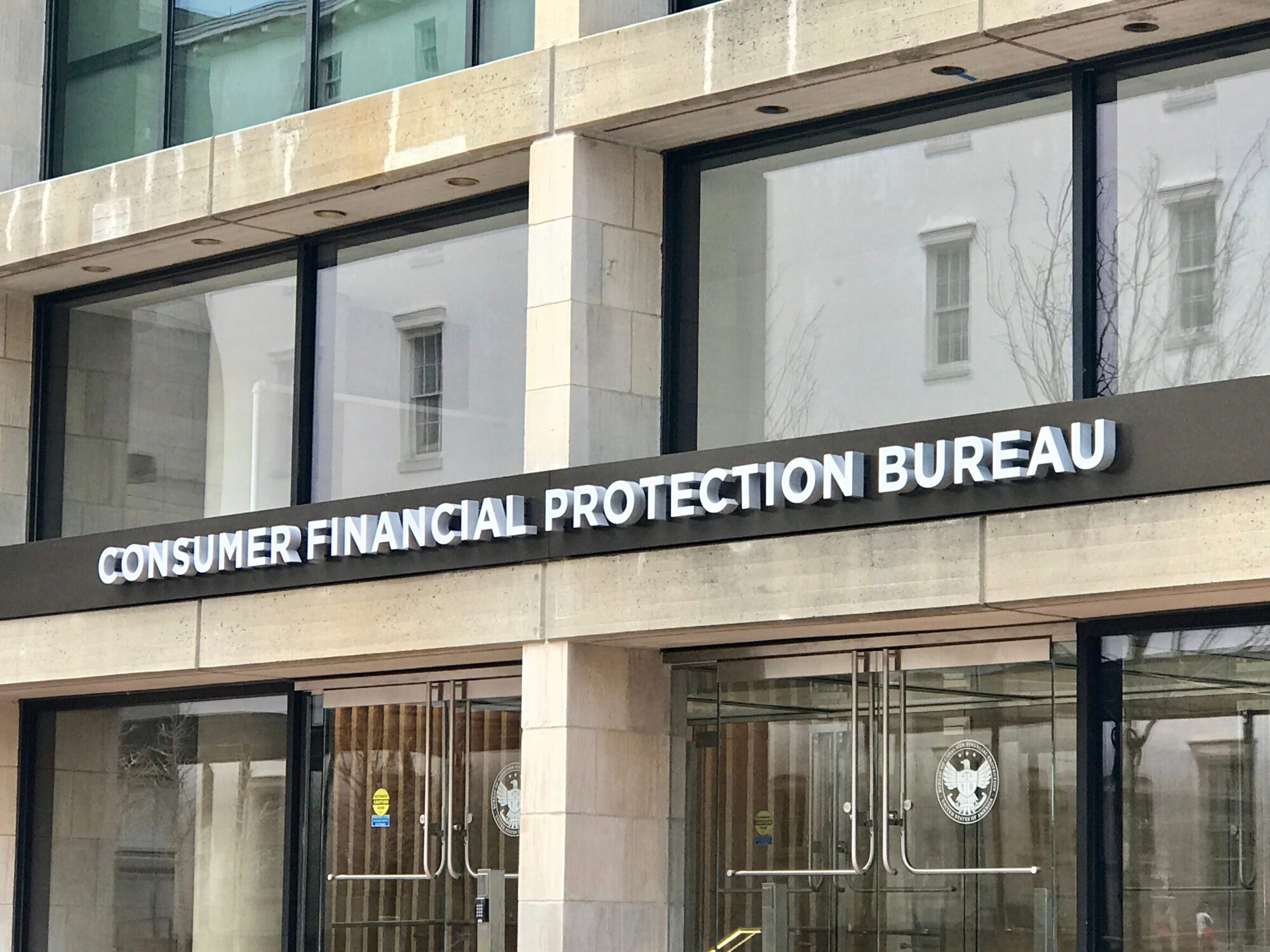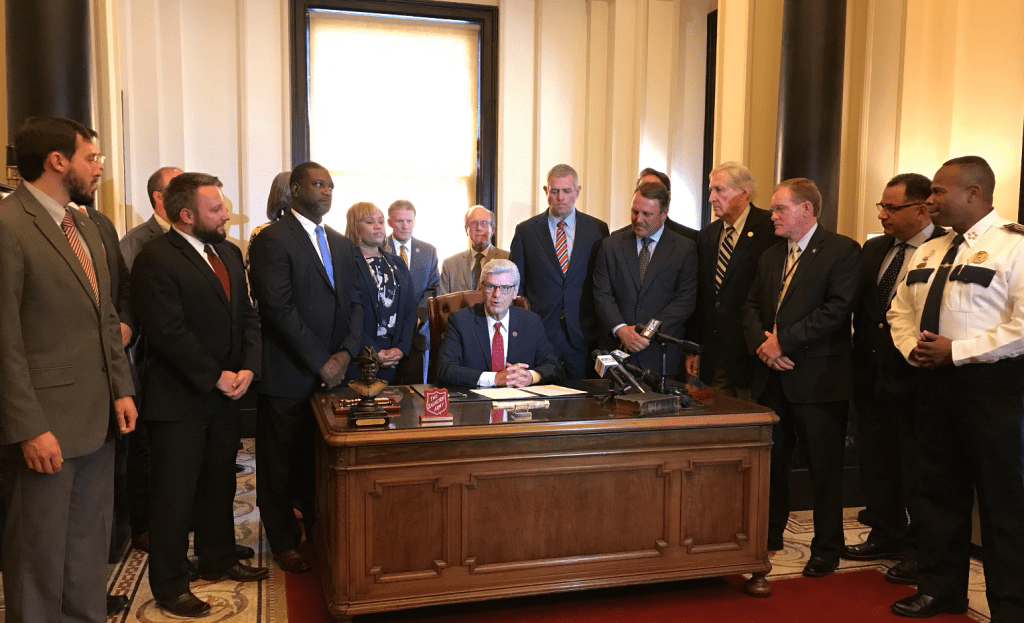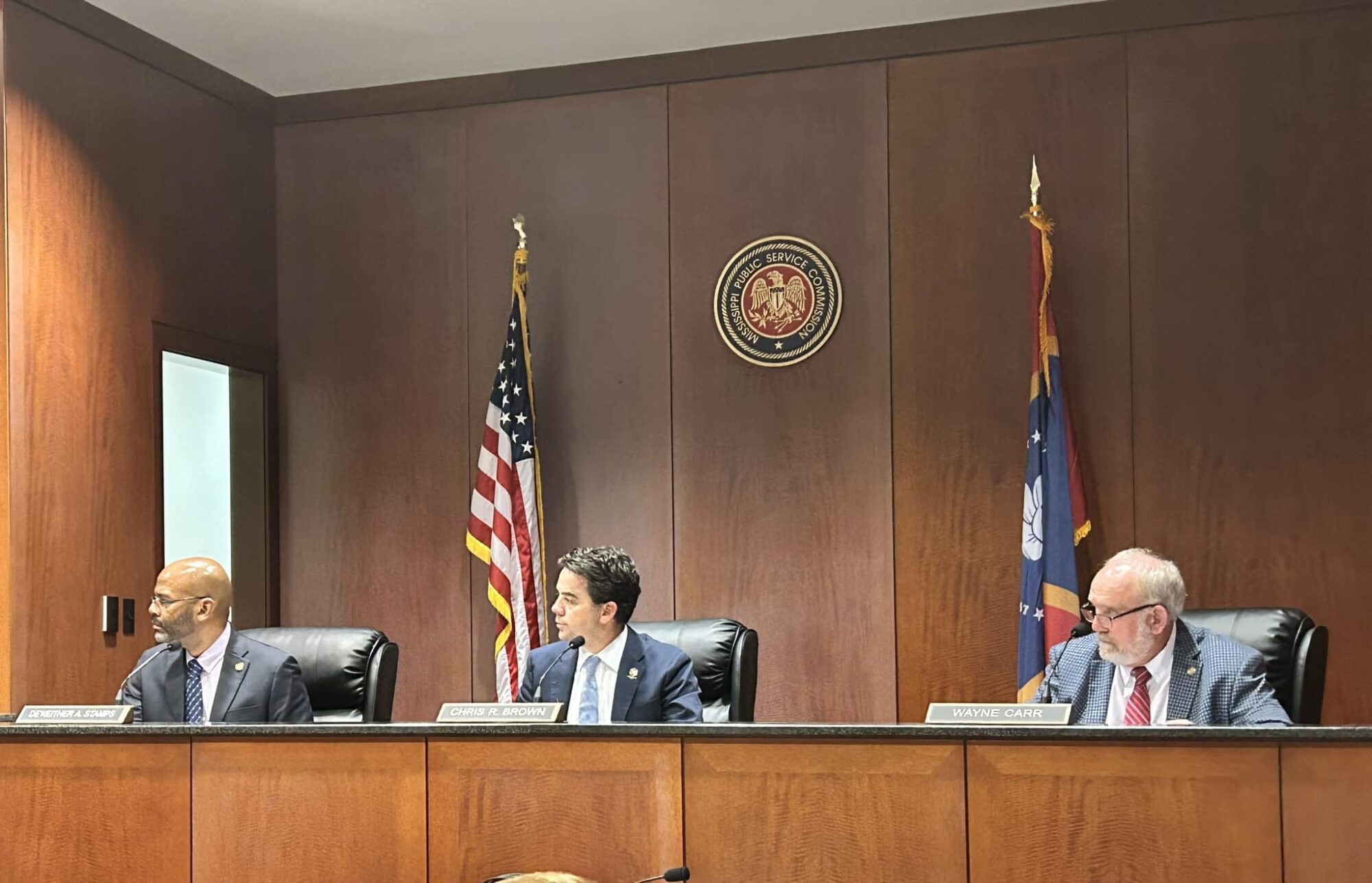
(Photo from Shutterstock)
- The “White House Rapid Response” team called out the CFPB’s “slush fund” used to support “radical advocacy groups,” pointing to the Mississippi Center for Justice as an example.
According to a note shared by the White House on Monday, one of the entities receiving funding by way of the embattled Consumer Financial Protection Bureau (CFPB) was the Mississippi Center for Justice.
“CFPB used its slush fund (collected from targeting financial institutions) to support radical advocacy groups,” the White House’s Rapid Response team shared on X (formerly Twitter). “One such group is the Soros-backed Mississippi Center for Justice, which targets religious liberty and assists illegals seeking to skirt our laws.”
The White House’s note on the Mississippi Center for Justice (MCJ) did not list the dollar amount of support received from the CFPB. However, USAspending.gov, the federal government’s official spending site, shows a total of 13 grants totaling $4,171,507. With one exception all of the grants were made by the Department of Housing and Urban Development (HUD). The CFPB does not show up as a grantor to MCJ on the site.
MCJ opened in 2003. It describes itself as a nonprofit, public interest law firm that “advances racial, economic, and social justice by combining legal services with policy advocacy, community education, and media outreach.”
As reported by the Associated Press, the Trump Administration has ordered the CFPB to stop nearly all its work, “effectively shutting down an agency that was created to protect consumers after the 2008 financial crisis and subprime mortgage-lending scandal.”
The White House claims in a memo shared on X that the Mississippi Center for Justice, “alongside Lambda Legal, a left-leaning, LGBT advocacy organization based in New York City,” received support from CFPB in their challenge of the 2017 Mississippi law, referred to as HB 1523 or the “Protecting Freedom of Conscience from Government Discrimination Act.”
That lawsuit argued that the Mississippi legislation was unconstitutional and stated that “LGBT Mississippians should not have to endure even more profound discrimination,” according to the White House.
The Mississippi law in question was signed during former Governor Phil Bryant’s administration. It specifically protects the religious beliefs that marriage and sexual relations should be between one man and one woman, and that male (man) and female (woman) refer to an individual’s immutable biological sex as objectively determined by anatomy and genetics at time of birth. The law outlines that the state cannot discriminate against those who hold those moral convictions.

After over a year in court, the Fifth Circuit Court of Appeals ultimately reversed a lower court ruling against the legislation in June 2017, ruling that the plaintiffs lacked standing, allowing it to become law. That ruling came after Governor Bryant (R) engaged his own legal counsel to challenge the District Court ruling from Judge Carlton Reeves after then Attorney General Jim Hood (D) refused to appeal. The U.S. Supreme Court declined to hear the case.
The White House went on to claim that CFPB supported the Mississippi Center for Justice in creating a “rapid response legal team” in 2019 to provide legal assistance for illegal immigrants who were detained by U.S. Immigration and Customs Enforcement (ICE). The center, the White House says, offered legal help to those facing removal.
The ICE action referred to by the White House involves immigration enforcement action on poultry processing plants in central Mississippi in 2019. The Mississippi Center for Justice said that over 600 people arrested, which “destroyed immigrant communities across our state.”
While the largest sum of grants to MCJ were authorized during the Biden Administration, over $1 million was authorized by HUD during President Trump’s first term.
Rob McDuff with the Mississippi Center for Justice was the lead attorney for the group in challenging the 2017 Mississippi law. An email to McDuff seeking clarification of the CFPB’s support and the amount of funding received from CFPB in relation to the cases was not immediately returned.











